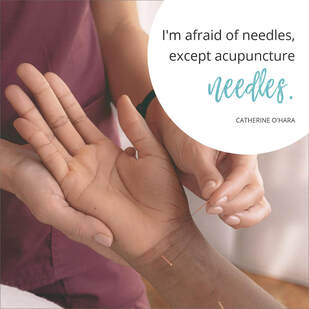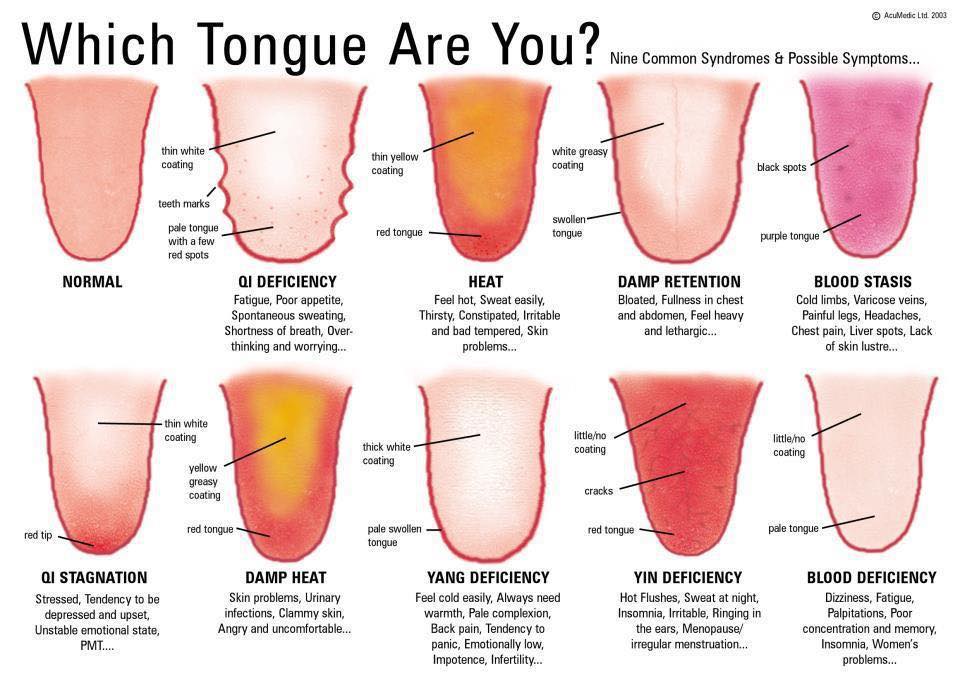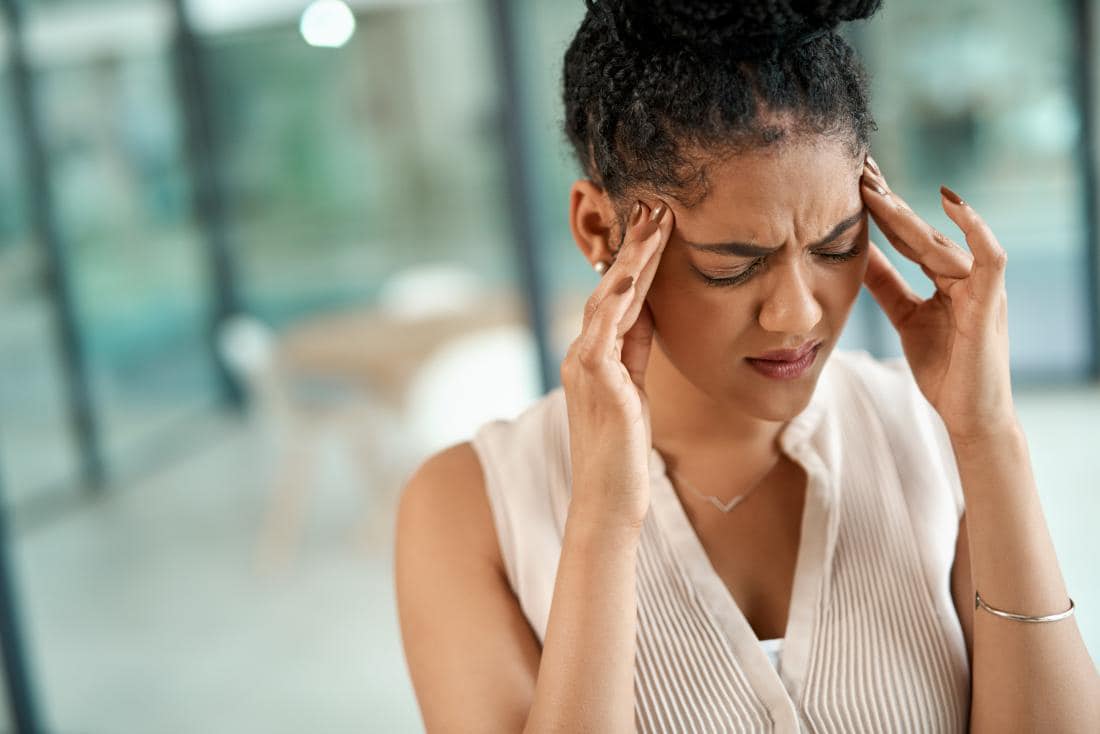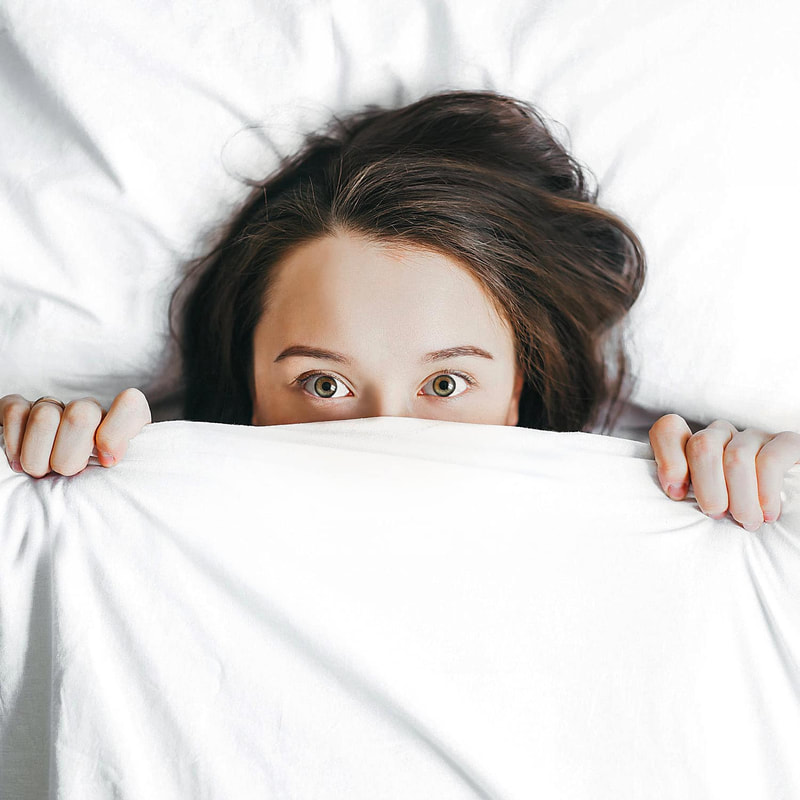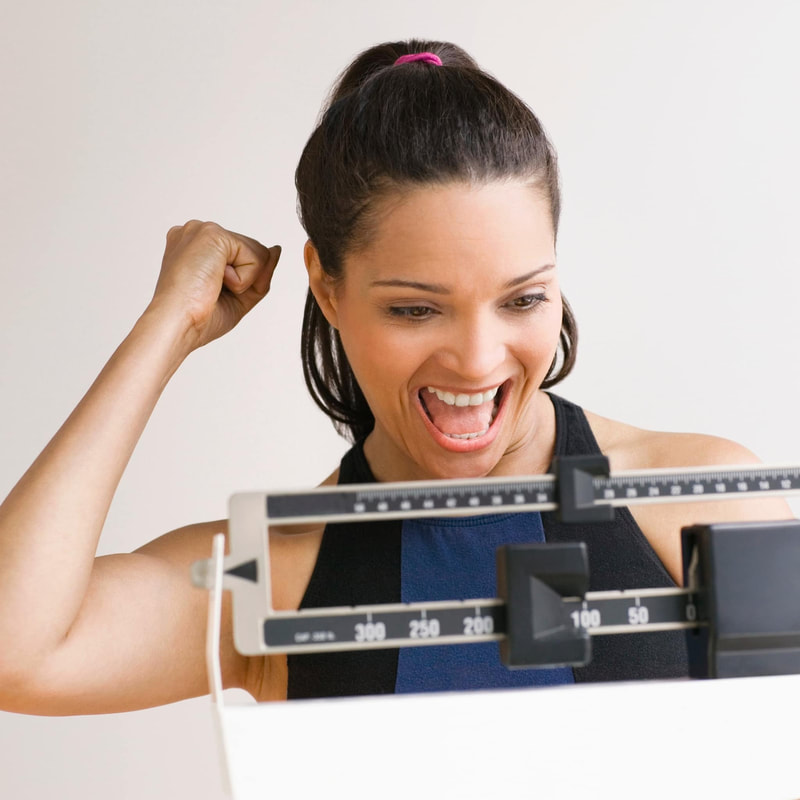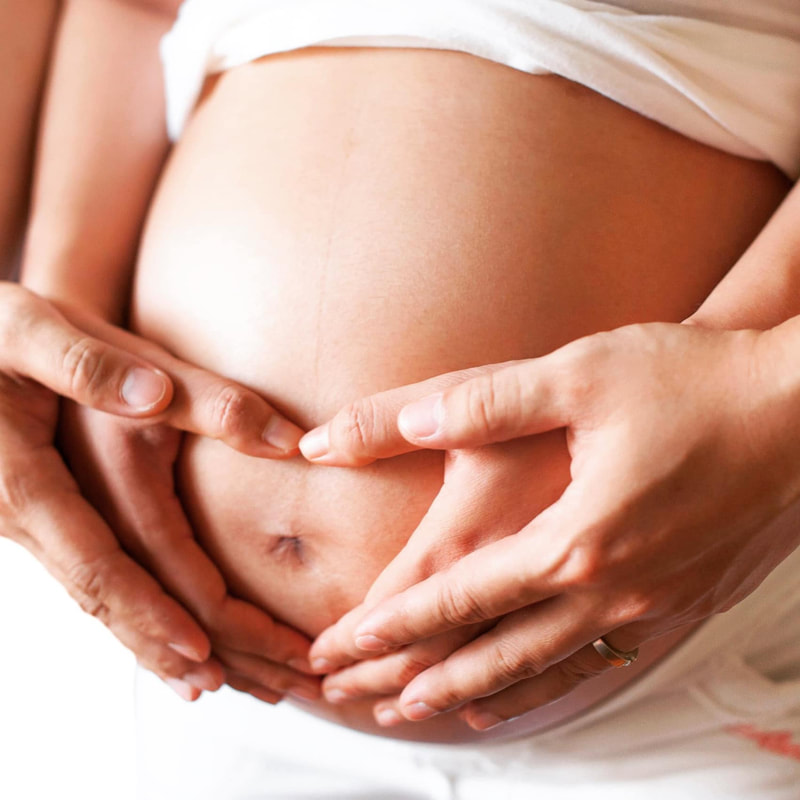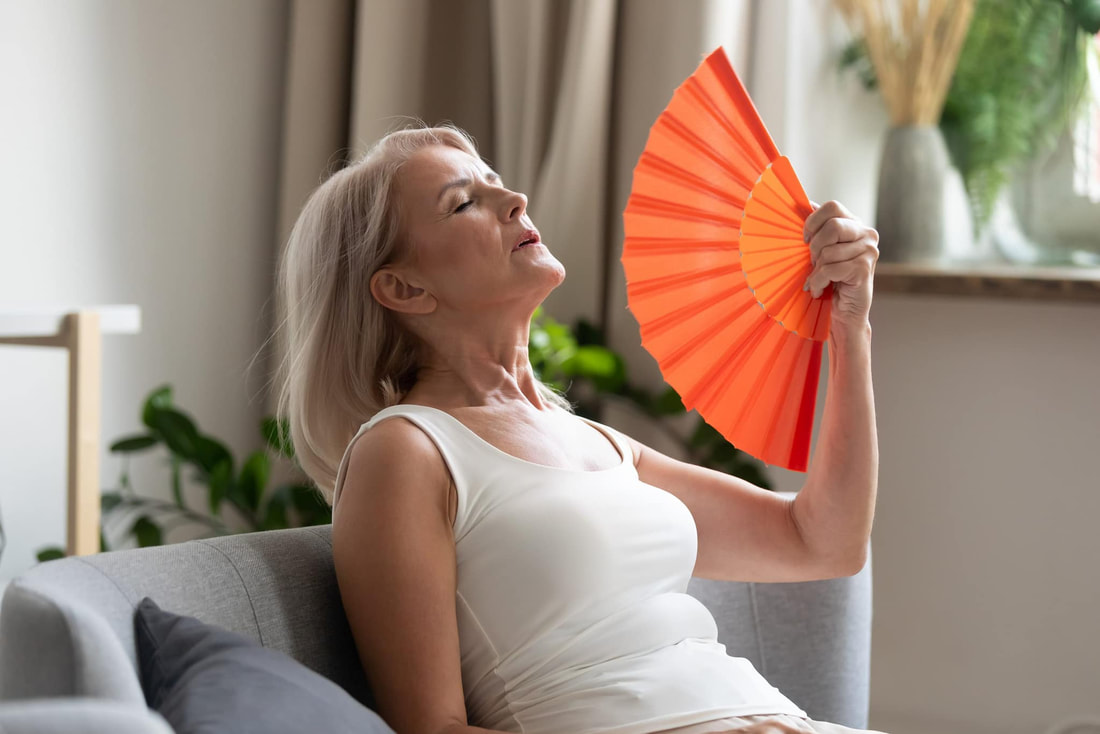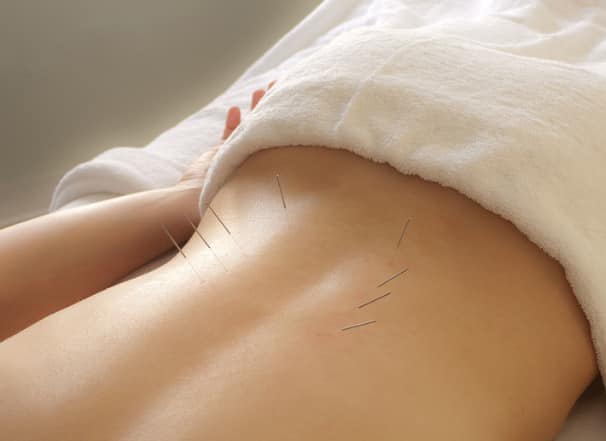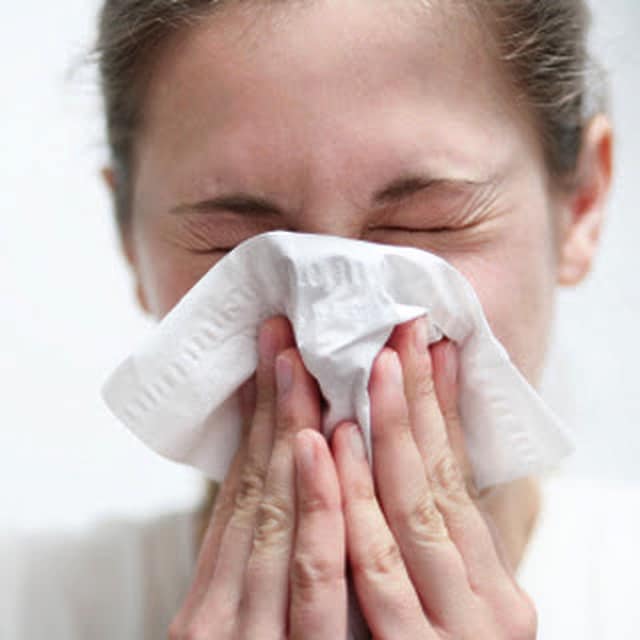EMAIL wellnessnosara@gmail.com or WhatsApp +506 2682 0360 TO SCHEDULE YOUR APPOINTMENT AND INQUIRE ABOUT RATES
RATES VARY according to the type and legth of the acupuncture session.
RATES VARY according to the type and legth of the acupuncture session.
ACUPUNCTURE - TRADITIONAL CHINESE MEDICINE
|
What is Acupuncture?
Acupuncture is used to treat a variety of medical conditions and restore overall balance to the body to promote health and longevity. Acupuncture involves the insertion of very thin needles through your skin at strategic points on your body. A key component of traditional Chinese medicine, acupuncture is most commonly used to treat pain. Increasingly, it is being used for overall wellness, including stress management and many other conditions. Traditional Chinese medicine explains acupuncture as a technique for balancing the flow of energy or life force — known as chi or qi (chee) — believed to flow through pathways (meridians) in your body. Acupuncture points are believed to stimulate the central nervous system. This, in turn, releases chemicals into the muscles, spinal cord, and brain. These biochemical changes stimulate the body's natural healing abilities and promote physical and emotional well-being. Here we answer some of the most commonly asked questions about acupuncture:
1. Do acupuncture needles hurt? This is the most commonly asked question. Acupuncture needles are quite different from the needles that are used to draw blood or give injections. While a hypodermic needle is hollow, an acupuncture needle issolid with a fine point for easy insertion. An acupuncture needle is also significantly thinner — about the diameter of a human hair. Roughly 30 acupuncture needles can fit inside the barrel of a hypodermic needle. You may feel a small prick, pressure, tingling, or no sensation at all. Some points may be more sensitive than others due to having a stronger energetic action. 2- How should I prepare for my first session? * Wear loosefitting clothing that allows for movement, and access to your upper arms and lower legs. * Do not arrive with a full stomach that could make it hard to relax, but also do not have an empty stomach, as this could cause some post-acupuncture lightheadedness. * Tell your practitioner if it is your first-time receiving acupuncture so that they can tailor the appointment to your first-time needs. * Don’t brush or scrape your tongue the morning of your appointment. Your acupuncturist may ask to examine your tongue — the color,texture, and coating of your tongue all provide useful diagnostic information. * Be gentle with your schedule on days that you have acupuncture appointments. This will allow the effects of the treatment to fully take effect. Most people report feeling very calm after a session, so you may not have the energy to jump straight back to a busy workday immediately after an appointment. * Before every acupuncture session please wash your feet and hands in the outdoor shower and sink located outside Nosara Wellness. * Please share with our acupuncturist all your health history as is really important to determine your treatment. 3. What is a treatment like ? * You can expect your consultation to last anywhere from 40 minutes to an hour and a half, so come prepared for that. * Gather any information you might want to share, such as the date of your last menstrual cycle if your concern is cycle related. Or maybe it is a list of common foods in your diet if your concern is related to allergies or digestion. * In your first treatment, the acupuncturist will perform an initial examination and health history to assess your condition, which includes an examination of your tongue and pulse. *Treatments are usually done fully clothed, but in the event you need to undress, the acupuncturist will step out to allow you to disrobe and lie under the treatment table sheets. * The acupuncturist will create a point prescription, which will typically include 10-20 points; most of which are located below the elbows & knees. Once all the needles are positioned, you will be left to relax for 20-30min. If it is necessary the acupuncturist may return to reposition or stimulate the needles. * Follow-up treatments should take anywhere from 30 minutes to an hour, and depending on the health concern, it may be recommended that you complete a series of treatments for the best results. * Once the treatment is complete, the needles will be removed andyou will be ready to go! 4- What to Expect After Treatment: In general, people tend to feel relaxed after an acupuncture treatment. And the days following might even mean better sleep, digestion, and an overall sense of well-being. But some patients report having a deeper, more intense effect in the days following a session. This is because acupuncture can sometimes bring to the surface some things that have been accumulating in your system. We lists thefollowing as some initial reactions to treatment: • Fatigue: acupuncture can bring on intense tiredness following treatment, or in the days after that. • Emotional Discharge: acupuncture can cause increased expression of emotion both during and after treatment. • Intensified Symptoms: acupuncture can cause symptoms to become more intense after a session. Due to this intensity of some of the reactions, sometimes people feel unsure about continuing treatment, but the effects are beneficial, and they are a necessary part of the process. Here’s why... It May Feel Worse Before It Feels Better: the sometimes-intense symptoms following acupuncture treatments are a part of the balancing process, whether it feels like that or not. Here is what is happening when you are experiencing these symptoms: • Fatigue: the fatigue that sometimes follows an acupuncture treatment can feel like an undeserved hangover, but sleep is how your body heals, and the fatigue you are feeling is your body’s signal to slow down and let it do its work. • Emotional Discharge: acupuncture works to harmonize the body, and in the process, it can sometimes reveal our physical, mental, emotional, and spiritual sensitivities. However, that emotion rears its head, it is important to accept it rather than trying to push it back down. You are embarking on a journey to balance, and emotions are a part of that journey. • Intensified Symptoms: acupuncture stimulates the body to help it heal faster, and as a result, it can intensify your symptoms as your body works through it. The increased intensity means that your body is healing. 5- What kind of results may I expect? Results always vary from person to person because there are many factors that contribute to treatment outcomes. Some of those factors include: *how long you’ve had the condition, * how severe it is, and most importantly,* how your lifestyle is at home. Many people notice changes immediately, while other people may take longer. But as a general rule, significant and lasting improvements are noticed after repeated treatments. Acupuncture is meant to be a practice that you incorporate into your regular health and wellness routine. It is recommended to continue treatments regularly to support your constitution and prevent future imbalances. 6- what does it feel like? The response people have to acupuncture varies slightly, but it is meant to be a comfortable and relaxing experience. * You will feel a very light poke with the initial insertion followed by a sensation of heaviness, ache, or warmth. All of these reactions are normal and a sign of Qi stimulation. If a needle feels uncomfortable for more than a minute, let your acupuncturist know and they can adjust it. * After a treatment, you will likely feel deeply relaxed, so feel free to take a minute to drink some water & breathe before getting on with your day! 7- Is it Safe? Acupuncture is extremely safe when performed by a licensed acupuncturist. Because the needles are sterile and acupuncturists complete a strict “Clean Needle Technique”, the chance of infection is minimal. There are very few side effects with acupuncture. In very rare cases the needles will leave a small bruise, but this is normally only in individuals taking blood thinners or who bruise very easily. However, acupuncture is still completely safe for individuals taking blood thinners . 8-How often do I need to come in? How many treatments do I need? The frequency and number of acupuncture treatments needed varies depending on anindividual’s unique needs. As a general rule, acute conditions (e.g., a common cold or a recently sprained ankle) require more frequent appointments for a shorter period of time, such as 2 visits a week for 2 weeks, while chronic conditions often require less frequent visits over a longer period of time. A common treatment schedule may be once a week for 6–8 weeks. Similar to exercise and healthy eating habits, consistency is key for achieving lasting progress. 9-How Acupuncture Can Benefit Women’s Health? There are several correlations between the use of acupuncture and the improvement or management of women’s health. First and most obviously, acupuncture can be used to relieve the pain of menstruation, so scheduling a recurring appointment monthly can be beneficial for menstruating women. Acupuncture is a much more holistic treatment approach to managing the pain associated with period cramps and other menstrual discomforts, menopause and hormones balance. 10-Who is acupuncture not recommended for? As with any medical treatment, there are certain contraindications for acupuncture treatments, including: • Drug or alcohol intoxication • Use of a pacemaker • A seizure disorder • Bleeding disorder such as hemophilia or use of blood thinners • Infections skin disorder or disease If you have a bleeding disorder, such as hemophilia, or are taking anticoagulants, talk to your GP before you have acupuncture. Acupuncture is also not usually advised if you have a metal allergy or an infection in the area where needles may be inserted. 11- Why You Might Need Multiple Acupuncture Treatments A single acupuncture session can provide immediate relief for some types of ailments. Sometimes, however, symptoms return within a day or two of treatment. This is a sign that you need multiple acupuncture treatments. Continuous treatment keeps symptoms under control and creates a healing momentum to keep your recovery process moving in a positive direction. Repeated acupuncture sessions at appropriate intervals reduce relapses and help you feel better for longer. For best results, you may need to continue treatment for a short time even after your symptoms have eased to prevent re-injury. Just because your pain is gone does not mean the root of the issue has been resolved or that your resiliency has returned. We watch this closely by spacing out appointments further and further until we feel the root has been resolved. Continued treatment helps your body complete the healing process and strengthen the affected area to prevent the original problem from coming back. 12. Maintenance : Acupuncture treatments are a little like going to the gym in that you would like the results to be instant and dramatic. If you do not see immediate results, you may be tempted to quit. But, like going to the gym, you know that long-lasting and meaningful results take time and commitment. |
Acupuncture can help with the following conditions :
|

